Mao Yan Chen
EmpHi: Generating Empathetic Responses with Human-like Intents
Apr 26, 2022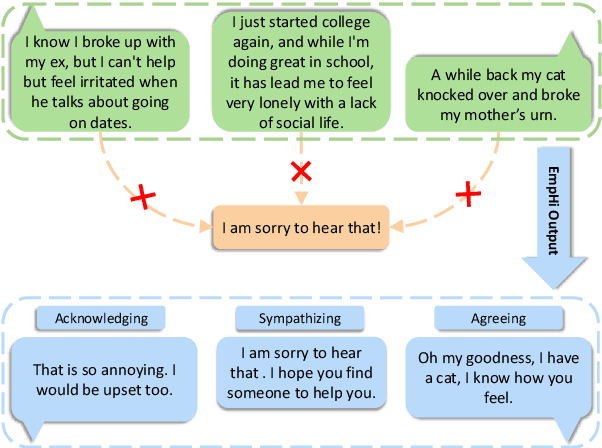

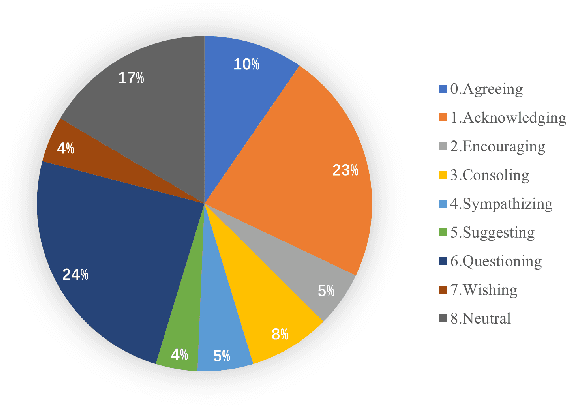

Abstract:In empathetic conversations, humans express their empathy to others with empathetic intents. However, most existing empathetic conversational methods suffer from a lack of empathetic intents, which leads to monotonous empathy. To address the bias of the empathetic intents distribution between empathetic dialogue models and humans, we propose a novel model to generate empathetic responses with human-consistent empathetic intents, EmpHi for short. Precisely, EmpHi learns the distribution of potential empathetic intents with a discrete latent variable, then combines both implicit and explicit intent representation to generate responses with various empathetic intents. Experiments show that EmpHi outperforms state-of-the-art models in terms of empathy, relevance, and diversity on both automatic and human evaluation. Moreover, the case studies demonstrate the high interpretability and outstanding performance of our model.
Context Enhanced Short Text Matching using Clickthrough Data
Mar 03, 2022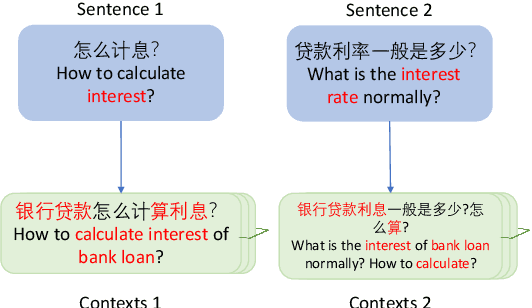
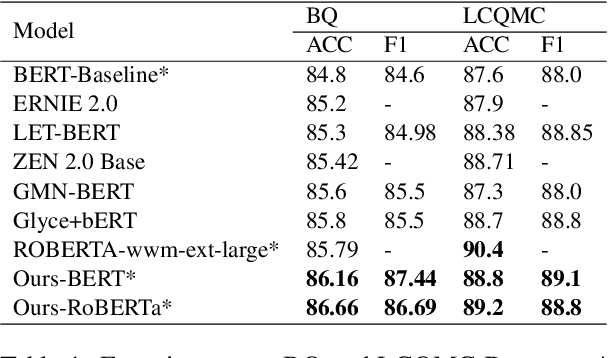
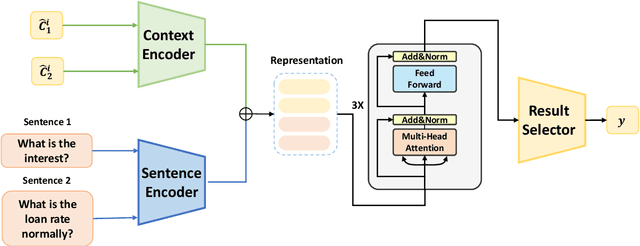
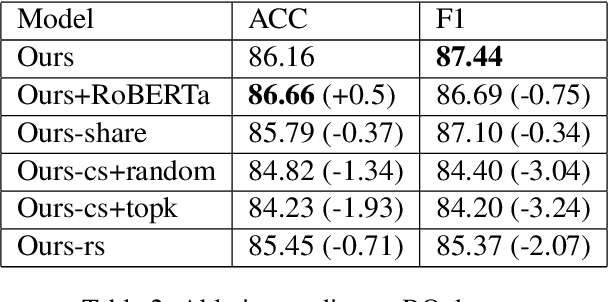
Abstract:The short text matching task employs a model to determine whether two short texts have the same semantic meaning or intent. Existing short text matching models usually rely on the content of short texts which are lack information or missing some key clues. Therefore, the short texts need external knowledge to complete their semantic meaning. To address this issue, we propose a new short text matching framework for introducing external knowledge to enhance the short text contextual representation. In detail, we apply a self-attention mechanism to enrich short text representation with external contexts. Experiments on two Chinese datasets and one English dataset demonstrate that our framework outperforms the state-of-the-art short text matching models.
 Add to Chrome
Add to Chrome Add to Firefox
Add to Firefox Add to Edge
Add to Edge